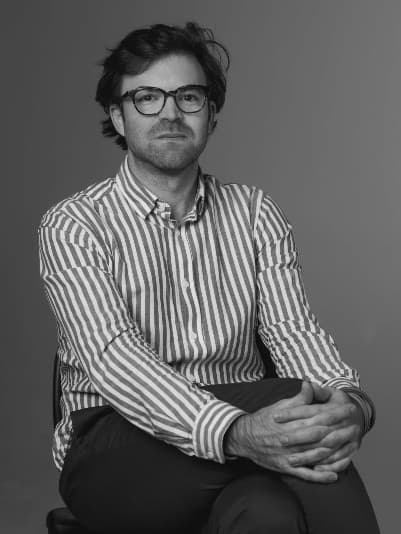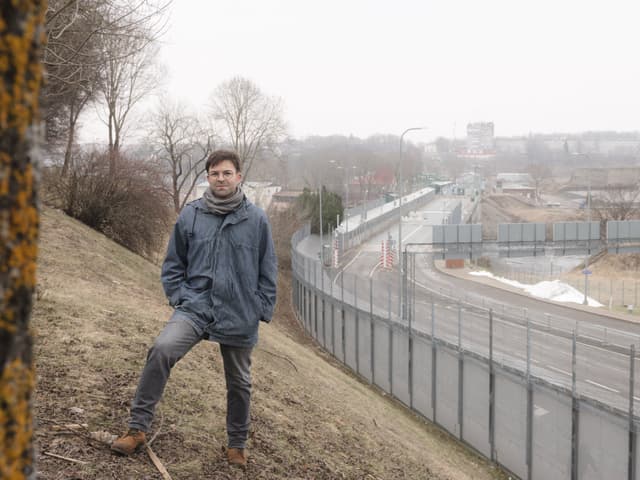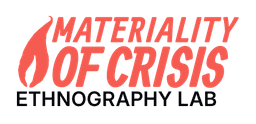Francisco Martínez is an anthropologist who focuses on contemporary issues of material culture through experimental research. A Ramón y Cajal Senior Research Fellow at the University of Murcia, he has 15+ years of fieldwork across Estonia, Georgia, and Portugal, and was awarded the Early Career Prize of the European Association of Social Anthropologists.
Martínez is the author of four monographs and has edited numerous volumes and theme issues, with publications in high-impact journals such as Journal of Material Culture, Cultural Anthropology, Social Anthropology, JRAI, Cultural Geographies, and Environment & Planning. His forthcoming book—The Future of Hiding (Cornell University Press, 2025)—explores how secrecy intersects with energy infrastructure and identity politics in Eastern Estonia.
Committed to reimagining anthropology, Martínez is a strong advocate for methodological innovation: he pioneers expanded ethnographies and experimental collaborations, using immersive experiences—like exhibitions—to disrupt conventional notions of memory, materiality, and sociality, and to convey complex ideas to diverse audiences.
In addition to curating twelve exhibitions, securing international funding and managing research projects at institutions such as Aalto University and the University of Helsinki, he has coordinated MA programs at the Univ. of Leicester and the Estonian Academy of Arts. As his publications have shown:


- Crises have become a chronic condition that shape how societies are organized, a continuous negotiation within unstable, interconnected systems. Thus, there is a need to approach crises not as endpoints but dynamic material politics with time-depth.
- We do not repair things just because they break, but because we look after them. This insight reframes repair not as a response to breakage but as part of a wider ecology of care.
- The past not only informs the present but interacts dynamically with it, at once mirroring and shaping social practices. Hence, what does not disappear properly makes visible where the mark between the old and the new actually lies.
- The gap between anthropology as a practice and as a discipline is widening; there is a need to expand ethnographic registers with experimental collaborations and multimodal formats. In doing so, we can generate novel configurations of knowledge and widen anthropology’s public relevance.
Martínez has demonstrated an innovative capacity to:
- Materialize abstract phenomena (crises, memory, secrecy) through objects and exhibitions;
- Challenge anthropological conventions and animate creative ways of disseminating knowledge by using collaborative and experimental methods.
- Bridge scholarship and sensory experience, inviting broader publics to engage critically with complex issues through artistic installations.
He sits in different international boards and has been appointed as reviewer of research projects at the Research Council of Lithuania, Madrid Complutense University; Baker Research Fund; Ohio University Research Council; the ASAEE Museum Anthropology Award, Berghahn, Routledge, and Manchester University Press. Also, Martínez has lectured at Cornell University, Humboldt University, King's College London, Oxford University, the Spanish Research Council, the Latvian Academy of Culture, the Univ. of Tartu, Sapienza Univ. of Rome, the University of Lisbon and UCL.
Selected Achievements:
4 single‑authored monographs • 1 novel • 7 edited books • 7 special issues • 35 peer‑reviewed articles • 15 chapters • 12 projects (8 as PI) • 2 PhD supervisions; examiner on 5 theses • Media: 580 articles, 150 TV reports, 50 radio programs • 21 courses taught in 8 different universities.

